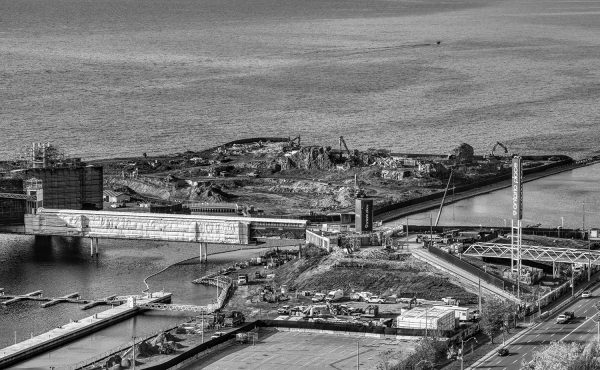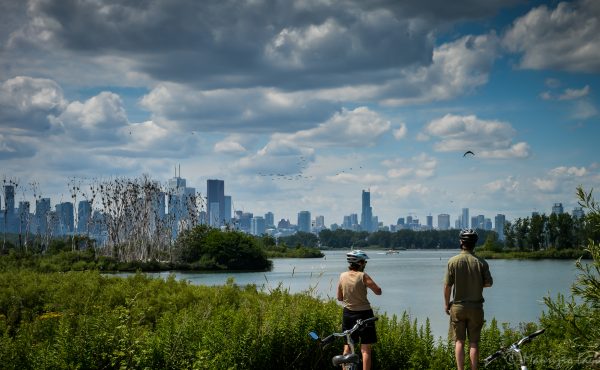CivicAction has launched its campaign to get Toronto talking about new transit. Perhaps wisely, their campaign is starting with a less policy-oriented approach than my series last week, focusing instead on the potential benefits of building a comprehensive rapid transit network in the Greater Toronto and Hamilton Area.
The campaign is called “What would you do with 32”, based on the calculation that the full transit network proposed by Metrolinx would save commuters an average of 32 minutes a day in their commute. It asks people to talk about what they would do with the 32 minutes saved (for Twitter, #your32):
There’s a plan in place to dramatically improve transportation in the Greater Toronto and Hamilton Area – one that could actually save you an average of 32 minutes on your daily commute. But it will take all of our support to help make it happen. Together, we’ll make transportation in the region more efficient and connect people in ways never dreamed of before. With your help we can create a Greater Toronto and Hamilton Area that’s, well, greater than ever.
(Digging into the details, it looks like it’s not so much that we would save 32 minutes from our current commute, more the case that if we don’t build Metrolinx’s The Big Move plan, our commuting time will increase by almost 30 minutes in the next 30 years. From the campaign site:
[32 minutes] is the difference between the average commute time if The Big Move is built (77 minutes; Source: Metrolinx), and the commute time if no comprehensive system is in place (109 minutes; Source: Metrolinx).
Average commute time in Toronto is currently estimated at around 82 minutes).





5 comments
Realistically, I don’t believe in that forecast. People’s behaviour changes as commute time gets much longer than 60 minutes. If the transit does not keep up, then something else will change so that the average commute does not get significantly longer than today. Could be marked development pattern change, downtown and locations along existing transit lines can get much denser as people try to move closer to jobs and transit; more jobs could move to centres in 905 so that it becomes easier for 905ers to commute to; Toronto region could grow slower than projected as the commute time worsen; advance in telecommunication may allow more people work remotely; the world may end in the next month or two. The most likely outcome is probably a combination of all above (plus some more transit, minus the world ending), and a commute time more or less inline with the current level.
Well, my current commute (by bike) is 10 minutes, so I guess I’d leave my house about 22 minutes after I need to be at work… 🙂
The average commute time is 82 minutes? What is the median and standard deviation on that? It seems bizarrely high.
80% of Torontonians agree that “dedicated bike lanes are a great idea”, with 44% of respondents saying they strongly agree with this statement.
With the emotionally-charged, on-going debates over Toronto’s cycling and bike lanes policies, Northstar asked residents what they think about these important transportation topics.
More from this study: bit.ly/QBVvEX
I would spend my 32 minutes contemplating why the “Big Move” plan invested so many billion’s of dollars to build a transit system based on a monocentric city model that does not fit the GTA. Of course I will still be stuck in traffic while doing this.